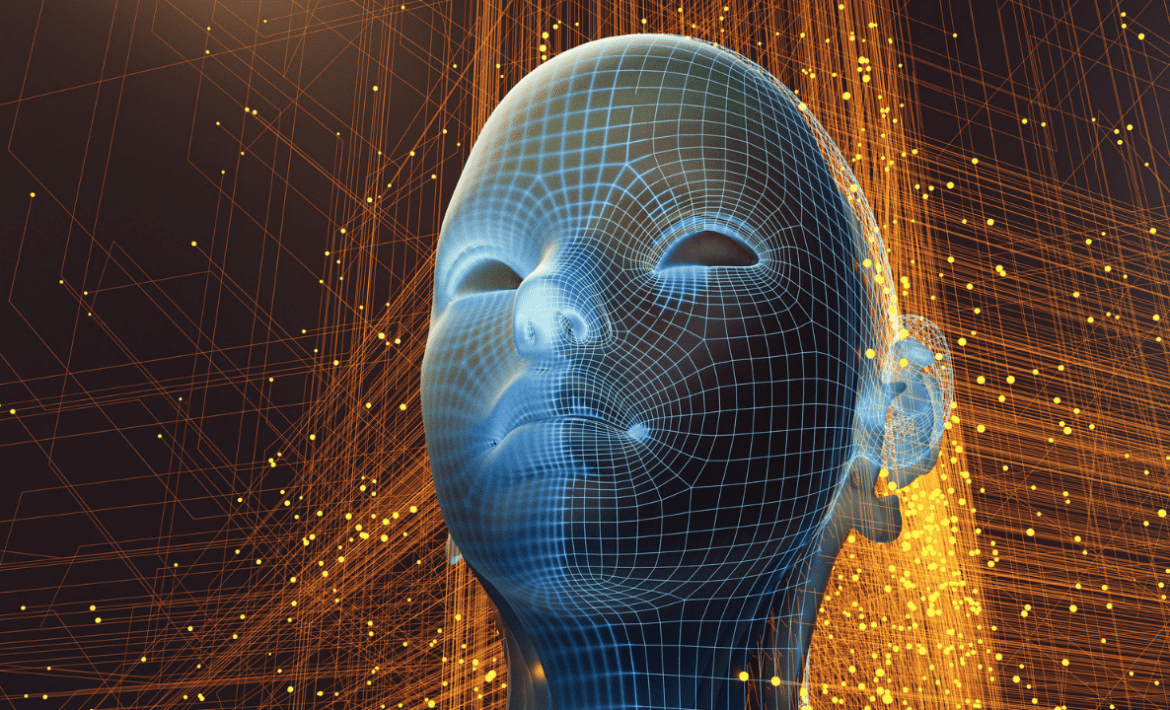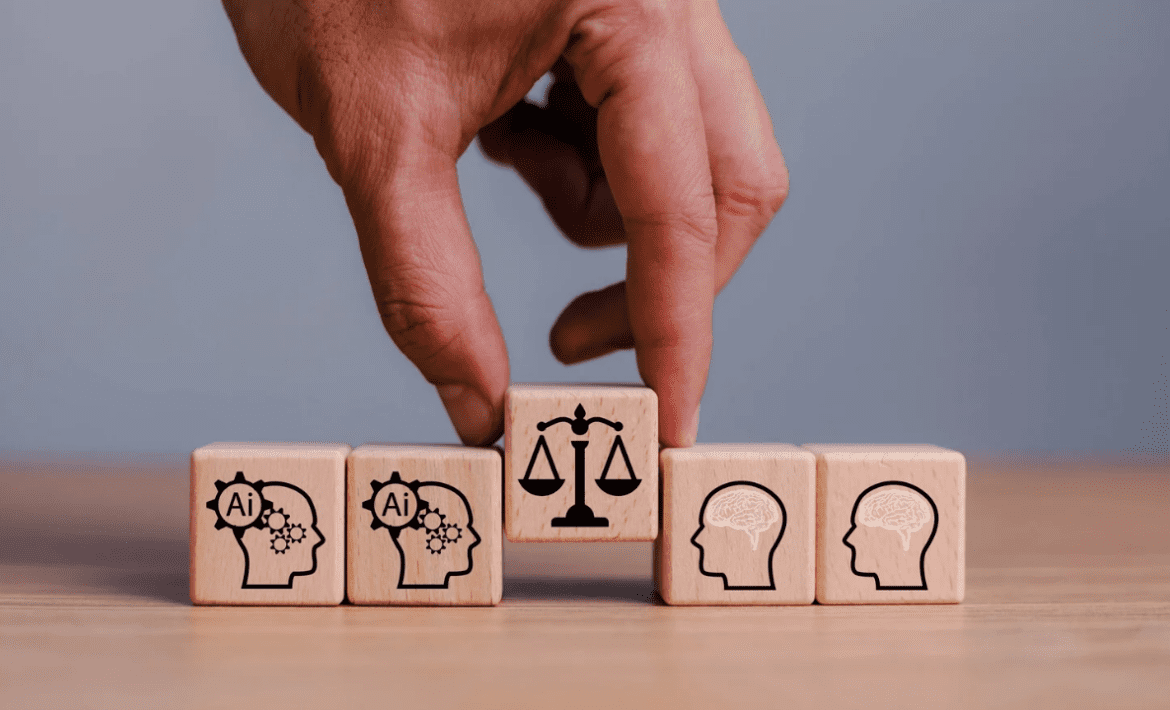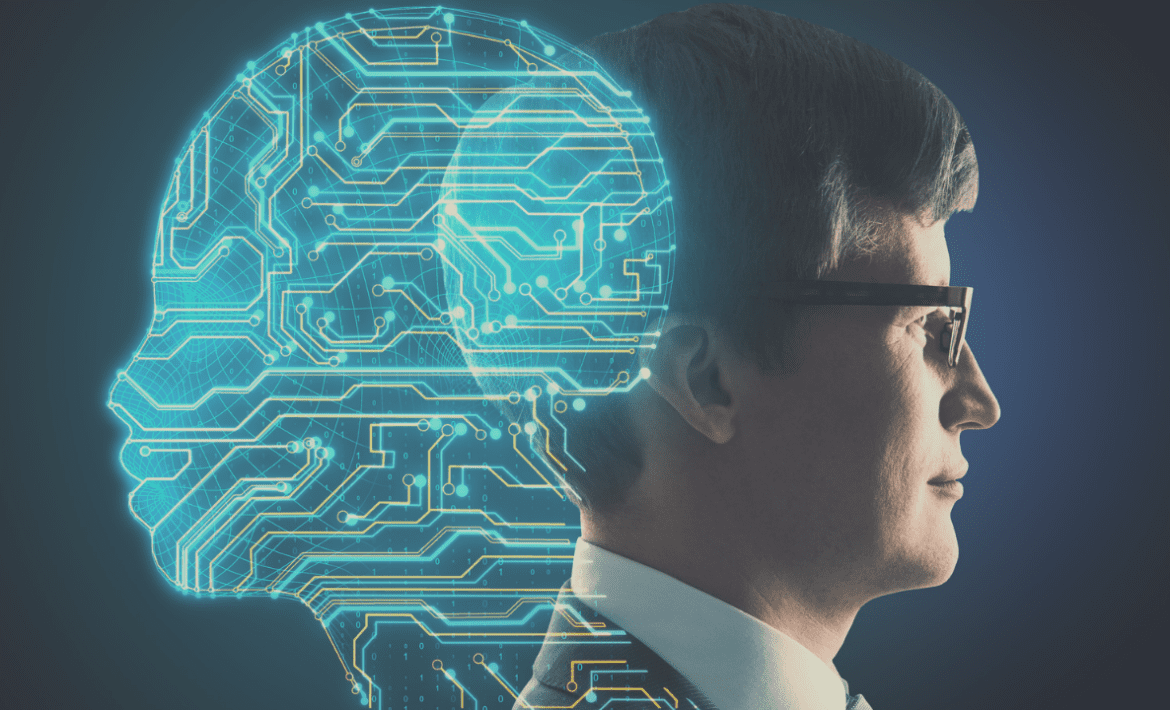High risk AI and the EU AI Act
What AI systems fall under the “high-risk” category and what requirements do they need to comply with under the EU AI Act? The European Union Artificial Intelligence (AI) Act, officially approved by the Council of Ministers through a voting process in May 2024, is a landmark piece of legislation that will have a profound













